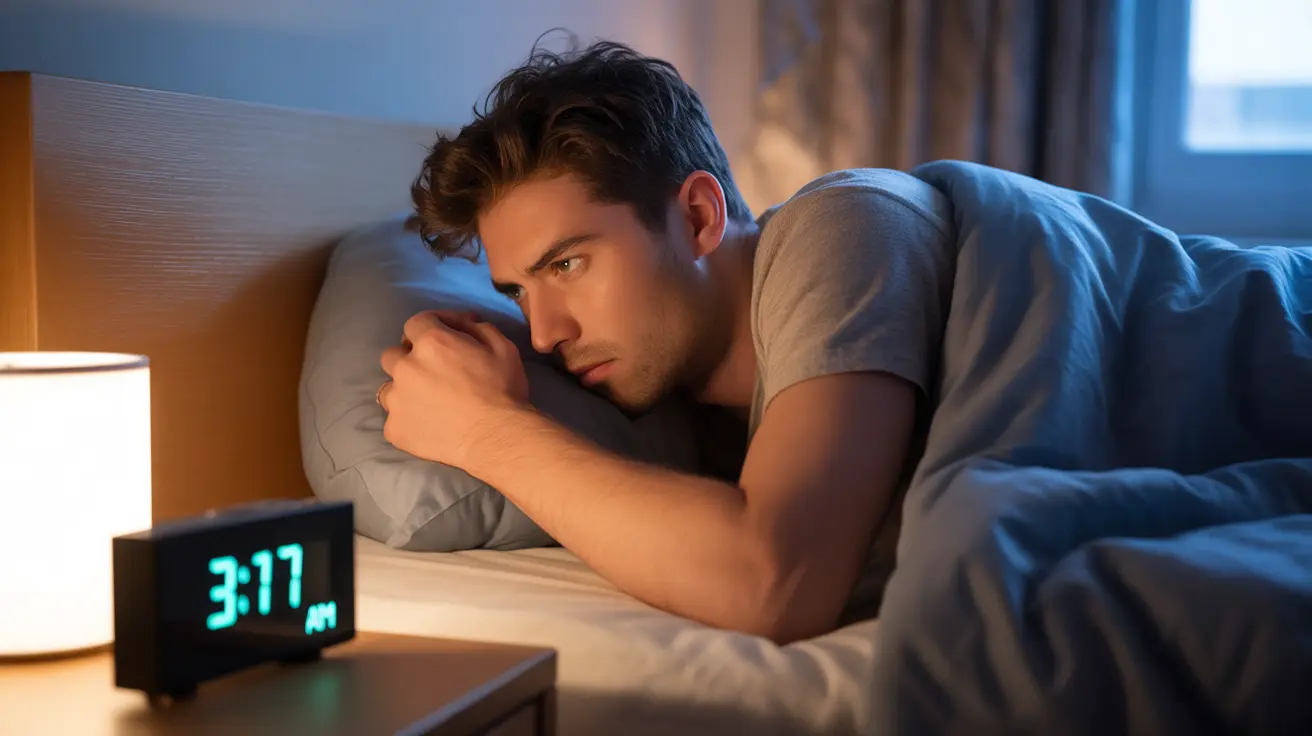If you're experiencing sleep problems while taking Zoloft (sertraline), you're not alone. Insomnia is a common side effect that affects many people taking this antidepressant medication. Understanding why this happens and knowing how to manage sleep disturbances can help you maintain your mental health treatment while getting the rest you need.
This comprehensive guide explores the connection between Zoloft and sleep difficulties, offering practical solutions and expert insights to help you navigate this challenging side effect.
Understanding the Relationship Between Zoloft and Sleep
Zoloft belongs to a class of medications called selective serotonin reuptake inhibitors (SSRIs). While these medications are effective at treating depression and anxiety, they can affect your sleep-wake cycle by altering serotonin levels in your brain. This chemical messenger plays a crucial role in both mood regulation and sleep patterns.
How Zoloft Affects Your Sleep Cycle
When you start taking Zoloft, it can initially disrupt your natural sleep rhythm in several ways:
- Delayed onset of sleep
- Increased nighttime awakening
- Reduced quality of deep sleep
- Changes in REM sleep patterns
- Daytime drowsiness
Managing Sleep Problems While Taking Zoloft
There are several effective strategies you can implement to improve your sleep while continuing your Zoloft treatment:
Timing Your Medication
The timing of your Zoloft dose can significantly impact your sleep quality. Many healthcare providers recommend taking Zoloft in the morning to minimize nighttime sleep disruption. However, some people may find evening dosing works better for them, highlighting the importance of working with your healthcare provider to determine the optimal timing for your situation.
Creating a Sleep-Friendly Environment
Establishing good sleep hygiene can help counteract Zoloft-related insomnia:
- Maintain a consistent sleep schedule
- Create a dark, quiet, and cool bedroom environment
- Limit screen time before bed
- Avoid caffeine and alcohol in the evening
- Practice relaxation techniques before bedtime
When to Seek Additional Help
While some sleep issues may improve as your body adjusts to Zoloft, persistent insomnia shouldn't be ignored. Consider consulting your healthcare provider if:
- Sleep problems persist beyond 4-6 weeks
- Insomnia significantly impacts your daily functioning
- You experience extreme daytime fatigue
- Sleep difficulties are affecting your mental health
Frequently Asked Questions
How often does Zoloft cause insomnia, and will my sleep improve over time?
Insomnia affects approximately 10-20% of people taking Zoloft. Many people find their sleep patterns improve within 4-6 weeks as their body adjusts to the medication. However, the timeline and severity of sleep issues can vary significantly among individuals.
What are the best ways to manage insomnia while taking Zoloft?
The most effective strategies include maintaining consistent sleep schedules, practicing good sleep hygiene, exercising regularly (but not close to bedtime), and timing your medication appropriately. Some people also benefit from temporary sleep aids prescribed by their healthcare provider.
Why does Zoloft cause insomnia, and how does it affect my sleep cycle?
Zoloft can cause insomnia by affecting serotonin levels in the brain, which play a role in sleep regulation. It may alter your sleep architecture, particularly REM sleep patterns, and can initially disrupt your natural sleep-wake cycle.
Should I take Zoloft in the morning or at night to help with sleep problems?
Most healthcare providers recommend taking Zoloft in the morning if you're experiencing sleep problems. However, the optimal timing can vary between individuals and should be determined in consultation with your healthcare provider.
When should I talk to my doctor about insomnia from Zoloft, and what are my treatment options?
Contact your healthcare provider if sleep problems persist beyond 4-6 weeks or significantly impact your daily life. Treatment options may include adjusting your medication timing, adding short-term sleep aids, or exploring alternative antidepressants if necessary.
Remember, while managing sleep issues while taking Zoloft can be challenging, working closely with your healthcare provider and implementing proper sleep strategies can help you find the right balance between effective treatment and quality rest.




